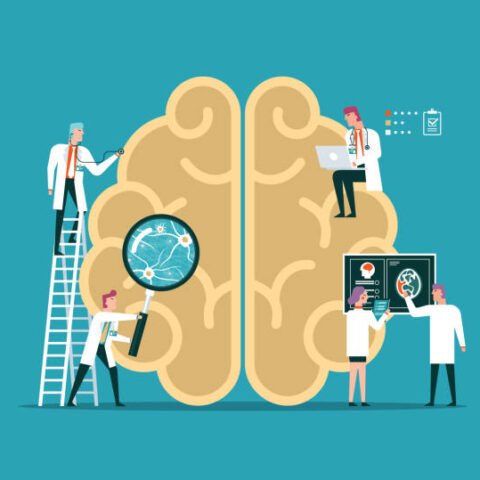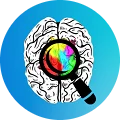
Clear fundamentals of Experiments in Psychology : Part 1
Experiments are scientific investigations designed to test hypotheses and establish causal relationships between variables under controlled conditions. Key characteristics include manipulation of independent variable, random assignment, and control over extraneous variables. Types of experiments include laboratory, field, and quasi-experiments, each varying in the level of control over variables and the naturalness of the environment in which they are conducted. Based on purpose there are three types of experiments namely – exploratory, confirmatory & pilot.



